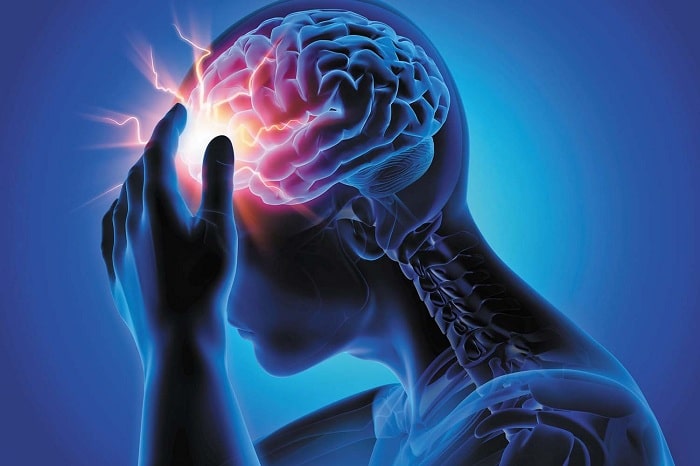A traumatic brain injury can be devastating and affect the entire body. In addition to the damage to the brain, a TBI may also affect the spinal cord and its functions, the endocrine system, and other major organs. Traumatic brain injury is one of the most common causes of death and permanent disability in the United States. More than 150 Americans die each day from TBIs, and those that don’t die from their injuries may face lifelong impairments and trauma.
TBI and the Endocrine System
The endocrine system releases hormones that allow the body to function properly. This system controls everything from growth, metabolism, and immune function. Recent research has shown that between 28 and 36 percent of patients who sustain traumatic brain injuries also suffer from endocrine system disorders.
The malfunctioning of the endocrine system may lead to several problems, including infertility, loss of libido, and erectile dysfunction.
TBI and Heart Problems
Cardiovascular problems are common after a brain injury and can include anything from arrhythmias to hypertension, ventricular problems, and irregular heartbeat. Traumatic brain injuries often have global consequences on the body, and damage to the brain’s delicate tissues may lead to inflammation that affects the heart.
These complications often don’t show up immediately after the injury. Instead, it could take weeks or even months for the full effects of TBI to show up. The body often speeds up the heart rate to protect the brain from possibly deadly pressure following an accident. This mechanism may turn even a minor brain injury into a heart attack or stroke.
TBI and Sleep Disorders
One of the major complaints of traumatic brain injury sufferers is sleep disorders. People who have experienced a TBI often find themselves newly diagnosed with sleep apnea, narcolepsy, or insomnia. This is because the injury can affect the brain’s part that regulates sleep, causing ongoing disturbances.
Sleep deprivation may lead to high blood pressure, weight gain, kidney failure, and stroke. Even a mild injury like a concussion may lead to sleep problems, sometimes for years after the injury.
Getting Help for Traumatic Brain Injuries
There are many ways that people can develop traumatic brain injuries. Some get hurt on the job, fall from heights, or get hurt while riding their bikes. Others suffer brain injuries while playing sports, in slips and falls, or while out enjoying daily life activities.
The key to stopping the injury from progressing is to get help as soon as possible after the injury. After you have established a medical care routine, it is also wise to hire a brain injury attorney to defend you. There may be people responsible for your accident—a negligent employer, an unsafe commercial building, or a careless driver. You will need to get compensation for your injuries so that you can return faster to your normal enjoyment of life.
Conclusion
When you are hurt in an accident and suffer traumatic brain damage, the incident can upend your life. You may be unable to work and earn income or be buried in medical bills. You may have challenges with daily life activities and need extra support.
Traumatic brain injuries not only affect the brain but the entire body. Opening a personal injury claim is one of the best ways to get the money you deserve for your recovery. Call a brain injury lawyer for a free case evaluation today!


















